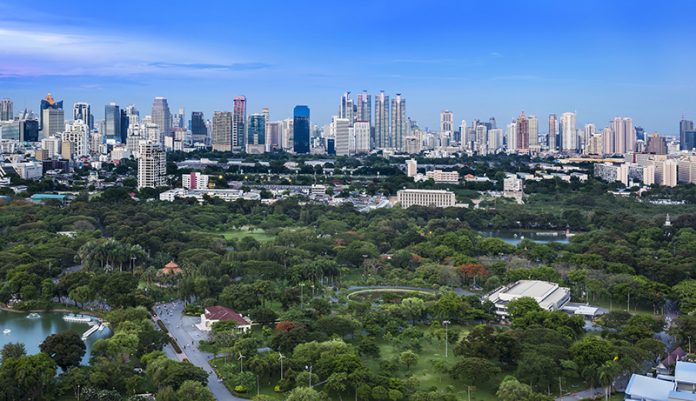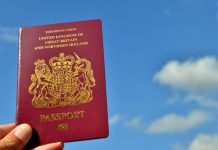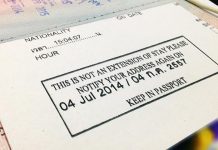By: Magna Carta Law Office
The leasehold system is a system of property tenure wherein a person, by paying a fixed sum or in installments, acquires the right to occupy a particular land or building for a pre-determined period of time. The owner of the building or land, commonly known as a landlord, hands over temporary possession and occupation of the premises to the person leasing the property, known as the tenant or leaseholder.
A leasehold property is a property that only gives the lessee the right to live in the property or use it for commercial or residential purposes for a specific period, and the lessee’s rights are limited under Thai law. On the other hand, a freehold property is a property that gives full legal rights to the owners to occupy, use, lease, sell or develop the property. Purchasing a condominium is the simplest process for foreign buyers as Thai law allows foreign freehold ownership of condominiums as long as you buy a unit within a building’s foreign quota, which is 49% of the condominium block. The freehold will, however, give you rights over the building but not over the land.
A lease agreement in Thailand can best be described as a personal tenancy contract with a fixed and a prepaid term with a maximum lease term of 30 years. Any lease of immovable property for a longer period than 30 years in Thailand may only be made by renewal of the lease contract upon its expiration. Renewal for a further 30 years is at the discretion of the owner but both parties must register the renewal with the local Land Office and must settle all the necessary government fees at the end of each term.
Thai law stipulates that foreigners may not personally own land in Thailand. However, the right of freehold ownership for a building which sits on the land can be purchased. There are a number of different purchase options available to foreigners and most property developers will offer buyers both freehold and leasehold alternatives. Foreigners can purchase the land as leasehold and the property that sits on the land as freehold. A foreigner may only purchase land to build a property if the land is purchased on leasehold. However, if a foreigner is operating a business in Thailand he may purchase the freehold of the land through his Limited Company, in which case the land will be owned by the company and not by the individual.
A major disadvantage of lease in Thailand is that the contract and the right of possession is terminated upon death of the lessee and is not automatically transferable by inheritance. Although the lease agreement must include a succession clause, this does not offer full guarantee for the lessee’s heirs. Moreover, the degree of control given to the lessee over the land or property is more limited compared to that of complete ownership. For a pre-determined period of time, the tenant is only granted possession and enjoyment of the property but not complete authority. The lessee cannot mortgage or use his leased property as collateral. Unless otherwise provided by the contract of lease, a lessee cannot sublet or transfer his rights in the whole or part of the property leased to a third person.
Aside from not having to renew the contract frequently, another advantage of going through leasehold is that the lessee, as the temporary owner, is not solely responsible in maintaining and preserving the leasehold property. Landlords are also bound to perform their legal obligations, as stipulated in the lease agreement, to ensure that the lessee or the tenant enjoys full and uninterrupted possession of the property. Leaseholders are given an option to renew the contract with the previous arrangements after the end of each term. The lessee is free to pursue alternative arrangements for his benefit because unlike in a freehold ownership, the lessee is not tied to the property and holds no other interest apart from his previous tenancy.
In order for a lease to be valid, any lease longer than a three-year period must be registered with the local Land Office and the lease must be indicated on the back of the title deed. Registering the lease allows any possible third- party buyers to know of the lessee’s rights to the land during the period of the lease. If the lease agreement between the parties is not registered with the Land Department, the lease is enforceable by action for a 3- year term only.










